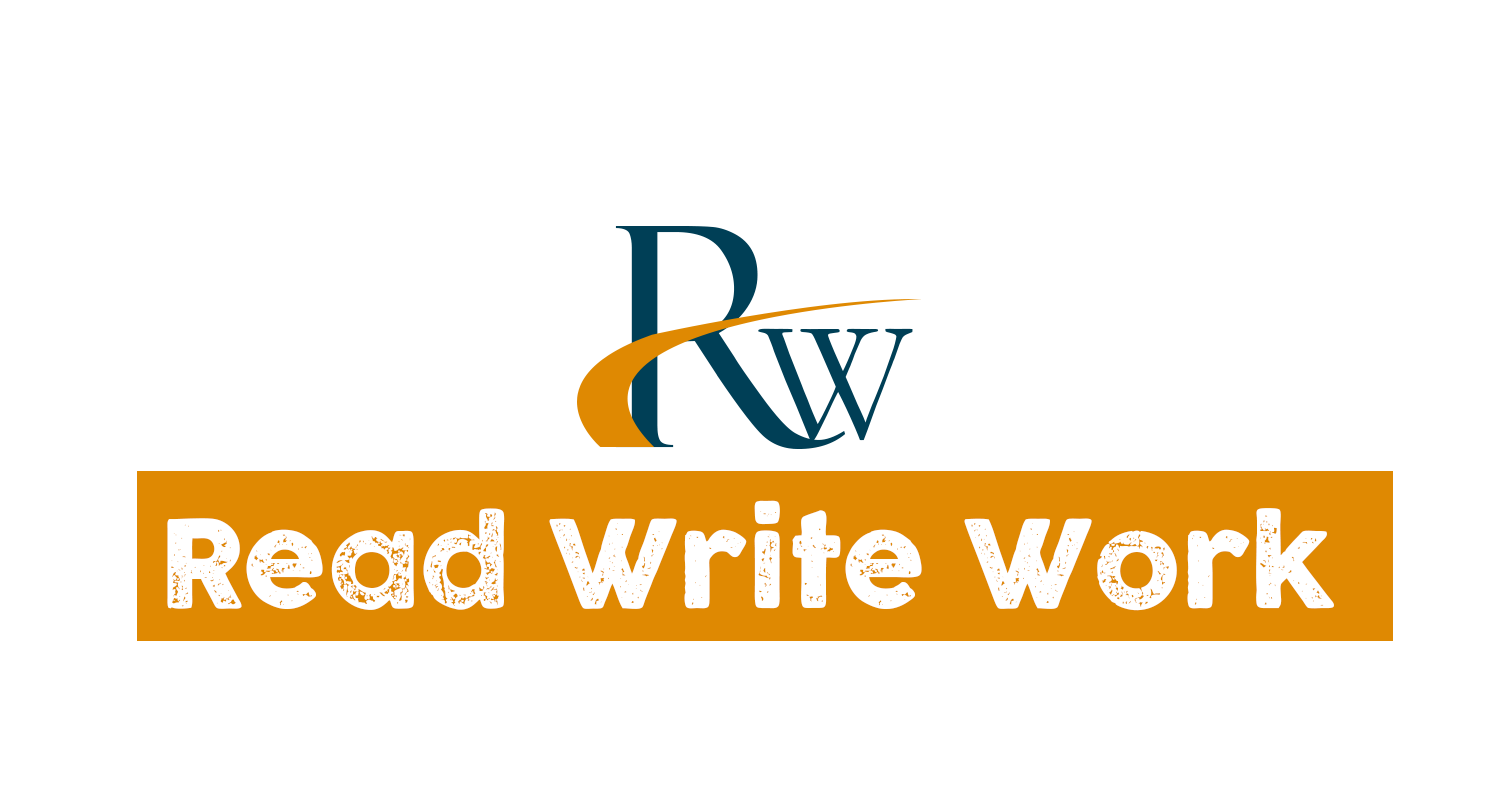If you’ve ever wondered how banks, financial institutions, or even large corporations detect and prevent money laundering, the answer often lies in one thing — knowledge. And that’s exactly what an AML Certification gives you. In today’s fast-moving financial world, you’re expected to understand how to identify suspicious activities, follow global regulations, and protect organisations from risks. Whether you’re a beginner or already working in finance, earning an AML Certification could be one of the smartest career decisions you’ll ever make.
What Is AML Certification All About?
AML stands for Anti-Money Laundering, and an AML Certification proves that you understand how to prevent, detect, and report illegal financial activities. It’s not just a piece of paper — it’s evidence that you’re equipped to deal with real-world compliance challenges.
You’ll learn about international frameworks, due diligence procedures, customer risk profiling, and transaction monitoring. More importantly, you’ll gain the ability to spot red flags that could indicate money laundering, terrorist financing, or fraud.
Why Is AML Certification So Important Today?
Financial crimes are becoming more complex, and regulators across the globe have tightened their rules. From banks and fintech companies to insurance firms, every organisation now needs professionals who can help them stay compliant.
By earning an AML Certification, you make yourself part of the solution. You’ll be seen as someone who understands both the legal and ethical responsibilities involved in managing financial risk. In many cases, having AML expertise can even open doors to senior compliance, risk, and audit roles.
Think about it, when companies face penalties worth millions for compliance failures, they need people who can prevent those losses. That’s where you come in.
Who Should Consider AML Training?
You don’t have to be a compliance officer already to benefit from AML training. This qualification is valuable for anyone in the finance, banking, or audit sector. Whether you’re an accountant, internal auditor, risk analyst, or aspiring fraud examiner, AML Certification can help you build a strong foundation in regulatory compliance.
Even if you’re just starting out, it gives you a professional edge and demonstrates that you take your career seriously. Many recruiters today prefer candidates who already understand AML basics — it saves employers time and builds trust right from day one.
What You’ll Learn in an AML Course
During your AML training, you’ll explore topics such as:
- Global AML regulations and frameworks (like FATF and Basel recommendations)
- Customer due diligence and KYC (Know Your Customer) procedures
- Risk assessment and suspicious transaction reporting
- Financial crime prevention and ethical responsibilities
- Technology and automation in AML monitoring
These modules help you connect theory with real-life scenarios. You’ll learn how to think like a compliance professional — asking the right questions, reviewing the right data, and taking the right action.
Career Opportunities After AML Certification
Once you’re certified, you’ll find a range of opportunities opening up. Roles like AML Analyst, Compliance Officer, Financial Crime Investigator, and Risk Consultant are in high demand globally.
And the best part? AML professionals often enjoy competitive salaries and faster career growth, as the demand for compliance experts continues to rise. Many professionals even use AML Certification as a stepping stone toward advanced qualifications like CAMS, CFE, or CIA, which further enhance your global career prospects.
Why Employers Value AML Professionals
When you hold an AML qualification, you show employers that you not only understand compliance — you value integrity and risk management. You’re the person who helps the company avoid fines, reputational damage, and operational risks.
Employers also recognise that certified AML professionals can adapt quickly to international regulations, making them ideal for cross-border or multinational roles. Simply put, it’s a career skill that travels with you anywhere.
How to Choose the Right AML Certification Programme
Not all AML courses are created equal. You should always look for programmes that are internationally recognised, cover the latest compliance trends, and offer flexible online learning options.
You’ll also want training that focuses on practical applications — because in compliance, real-world experience matters as much as theory. Before enrolling, check if the course includes case studies, mock assessments, and mentorship opportunities. These features can make a real difference in your learning experience.
Start Your AML Journey with Confidence
If you’re passionate about building a career in compliance or risk management, now’s the perfect time to get certified. The demand for AML experts is growing every year, and organisations are actively seeking qualified professionals who can strengthen their internal control systems.
To explore structured learning options and internationally recognised certifications, you can check out the Academy of Internal Audit (AIA) — a trusted global training platform that helps aspiring professionals like you master auditing, fraud examination, and compliance.
Because when it comes to fighting financial crime, knowledge isn’t just power — it’s protection.







